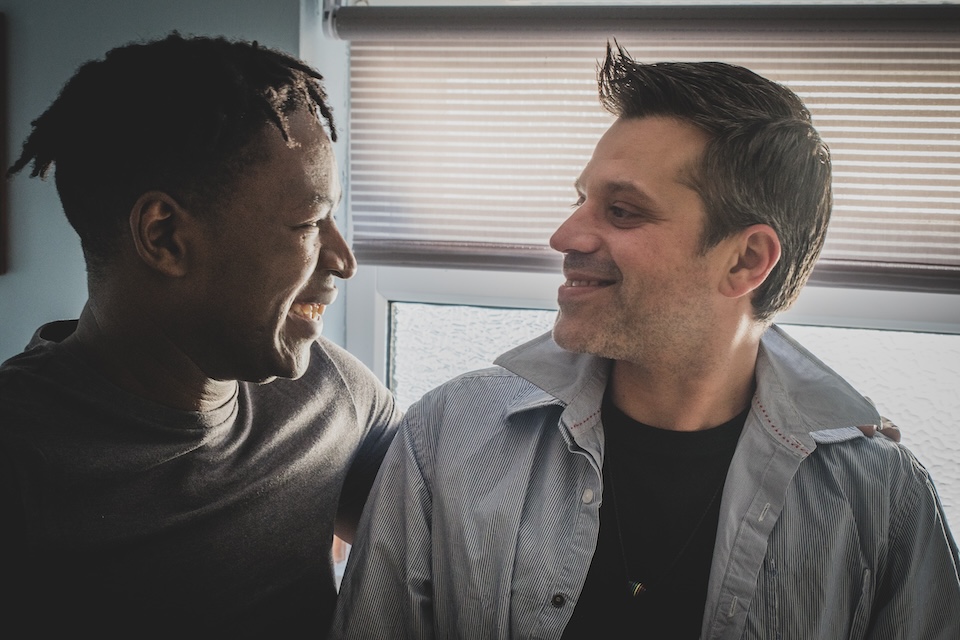In 2022, about 944,000 Arizonans needed substance use disorder treatment and didn’t get it.
Are you or your loved one part of that statistic?
Maybe your life has been overrun by substances for 10 years now. Maybe you’ve only taken them a few times, but you can feel them creeping into other areas of your life already. No matter why you’re here, this is where you should be. Wolf Creek Recovery has the Cottonwood addiction treatment you need to regain control of your life.
What to Expect From Addiction Treatment With Wolf Creek Recovery in Cottonwood
Treatment with Wolf Creek starts with a thorough assessment. This will guide your personalized treatment plan. This is also when we’ll test you for any mental health conditions that could use care, too. We’ll address everything together so you can heal comprehensively – not just feel better or stay away from substances for a little while. This type of treatment empowers you to achieve lasting recovery, and we’ll be here every step of the way.
Talk therapy, such as cognitive behavioral therapy (CBT), will be integral to your care. It will teach you to understand your thoughts, recognize when they’re unproductive, and shape them into something more helpful. This impacts behavior, and can change your life and how you approach substances and healing.
We also spend a lot of time outdoors, playing sports, canoeing, camping, paddle boarding, and more. Not only will you get to enjoy some fresh air, but you’ll learn valuable skills, build relationships, and might even find a new hobby or two.
At the end of the day, you’ll head back to the on-site housing we provide. Our staff will be available to help when you need us.
What Makes Wolf Creek Recovery’s Partial Hospitalization Program (PHP) Better Than Inpatient Rehab or Outpatient Treatment?
Our PHP offers the intensive treatment of an inpatient program, and the independence of an outpatient program rolled into one. Our on-site housing provides more freedom than an inpatient program while ensuring the same safe, trigger-free environment. PHP also allows for more time with us in treatment than an outpatient program, allowing more opportunities to learn valuable coping mechanisms and skills vital to maintaining recovery.

Signs You or a Loved One Need Treatment for a Substance Use Disorder: Questions to Ask
If you’re concerned about your or your loved one’s substance habits, some questions can help you identify a substance use disorder.
Answering “yes” to two or more of these questions indicates a potential substance use disorder, but if any of them are applicable, seeking treatment is a good idea:
- Does the person take more of the substance than intended?
- Have they made unsuccessful attempts to quit taking the substance?
- Do they have cravings?
- Do they need to take more of the substance to get the effects they want than they once did?
- Do they experience withdrawal symptoms?
- Do they dedicate a lot of time to getting, taking, and recovering from the substance?
- Are they neglecting obligations in their life?
- Are they still taking the substance even though it’s causing relational strain?
- Have they withdrawn from people and activities that once mattered to them?
- Do they take the substance in risky situations?
- Do they continue the substance even though it’s hurting their health?
Keep in mind that even if your answers suggest a substance use disorder, you need to see a mental health professional to get an official diagnosis and support.
Understanding the Complexities of Substance Use Disorders
The most important thing to know when living with a substance use disorder is that it is a health condition, just like any other. Anyone with a health condition deserves care and the chance to heal, including you or your loved one.
Even though it’s a choice to initially take a substance, there’s more to it than experimentation. That choice is usually driven by a desire to escape from some kind of pain, and this is what substance use disorders are born from, too. That pain can be physical – especially in the case of opioid use disorders – but there’s almost always an emotional component. Unaddressed trauma and untreated mental health symptoms usually come into play.
Brains change as someone takes substances over time. Some substances impact the brain’s ability to feel pleasure from regular activities and can make substances feel like the only thing that can make them happy. Decision-making skills and self-control decline with these brain changes. Some brains are more susceptible to these changes than others thanks to genetics, too.
Having a substance use disorder doesn’t mean you’re a bad person. It means you need help. You have more power in your hands than you think, and at Wolf Creek Recovery, we can show you how to use it.


Seek Addiction Rehab in Cottonwood Today
There’s no better time to get started on treatment for your substance use disorder than now. It’s easy to overthink it and feel anxious or overwhelmed, but you made it this far. Why not take the next step? We’ll be right here by your side.
Wolf Creek Recovery in Cottonwood, AZ treats substance use disorders and mental health conditions simultaneously. We’ve been where you are. We know recovery is possible because we live it ourselves every day. We’re ready to help you join us, and build a life you love. Call 1-833-732-8202 today.











